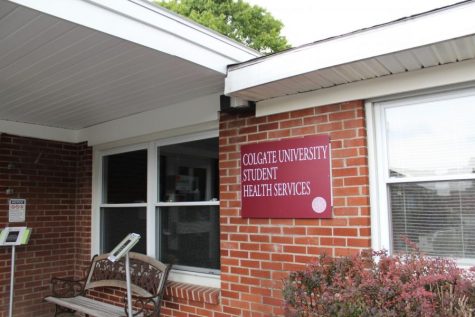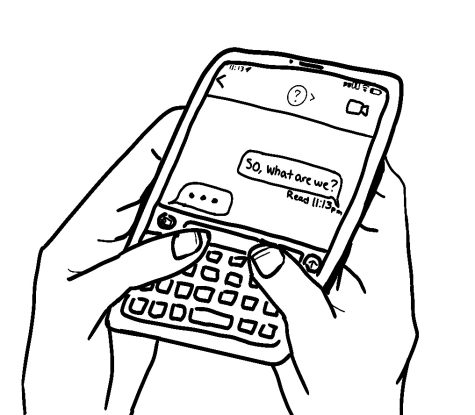Minus the City: Believing the Victim
I had already written my article for this week, and in fact I was ready to submit it. Then Friday night I was reflecting on the week’s events, and I wrote this piece.
I’ll be honest, I haven’t been following the details of the Senate Judiciary hearing that closely. I watched opening remarks from the Chairman and Ranking Member, as well as Dr. Blasey Ford’s opening statement. Later, I read some news articles outlining the day. It’s not that I don’t care or that I don’t think this is important. However, as my content browsing confirmed, this story turned into the same old, same old regarding sexual violence and our subsequent treatment of women. Those who already believed Ford continued to do so, and wrote that she came across as credible and honest. Those who already had discredited Ford remained unconvinced, praising Kavanaugh’s words and demeanor in defending himself.
While our country has certainly progressed over the decades, to say that we have a survivor-centric governmental system, legal system or culture would be an overstatement. In one of my classes, many of my peers remarked that they were baffled or disturbed by the apparent efforts to make Ford seem untrustworthy by drilling her on every detail of her account. While I was disturbed, I certainly was not baffled. This isn’t unusual. This is often how things go.
Sex and sexuality are still highly stigmatized today. Sexual consent, which is the necessary standard needed for sexual contact and activity, is complicated. Some believe that nodding your head, or the lack of a “no” qualifies as consent. It can be hard to interpret what one means without clear, explicit, verbal consent. There is no signed contract. If there were, if all agreed-upon sexual encounters were somehow documented and filed away, one could simply hold up a document and declare “consent was given,” and the lack of documentation would be all the damning evidence a court or the Senate or society would need. Instead we are left with he-said, she-said, especially in cases such as this in which a survivor comes forward years later and evidence of the crime (such as torn clothing, abrasions or DNA) is no longer avail- able. We can only reach conclusions based upon the accounts of those involved in the potential crime.
Naturally, the accused is going to deny any allegations against him or her. Do you really expect someone to say, “Oh yeah, that was me. I raped her, I groped her, I sexually harassed her”? No. There is no motive to tell the truth.
Unfortunately, there are many reasons that victims are not believed or are even blamed. However, one thing I cannot wrap my brain around is the notion that some people believe a woman would come forward and subject herself and her family to intense public scrutiny and threats of violence to falsely accuse a man so he isn’t nominated to the Supreme Court. False claims of sexual violence occur at the same rate as false claims of other crimes. Additionally, the majority of sexual assaults go unreported. This is in part because victims are often not believed. They are chastised for what they wore, what they drank, how many other sexual partners they’ve had and much more. Reporting sexual violence can lead to double victimization, and I find it incredible that someone would think a person would volunteer for that.
The issue of sexual violence will not disappear until systemic inequality is eradicated (an extremely lofty, maybe impossible goal, I understand). Yes, I am calling for the downfall of the patriarchy, because sexual violence has much more to do with power than it does with sex. Furthermore, until we are driven to a more sex-positive culture, I do not predict large- scale change in the way we treat victims. Until we live in a world where everyone under- stands, accepts and demands explicit, enthusiastic consent as the only indication of consent, and until we live in a world where people are not shamed for their sexual decisions and sexual behaviors, people will continue to criticize and not believe victims for something that was done to them. Not by them. No, no one is ever asking for it. Never. #BelieveWomen.
Contact Kira Palmer at [email protected].










